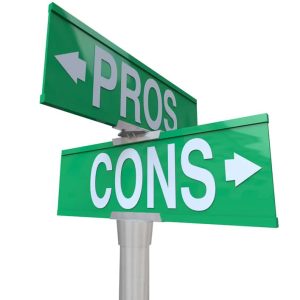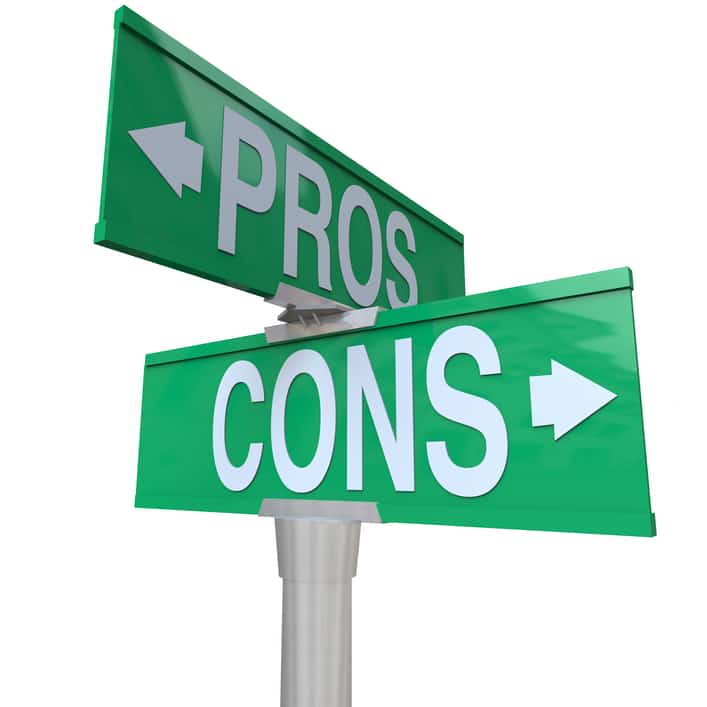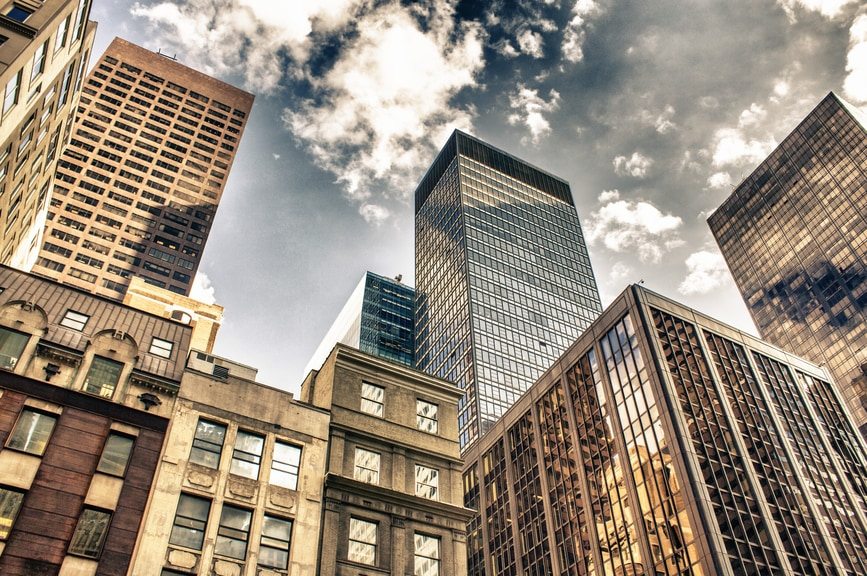
In less than 10 years, Airbnb has grown to include more than 3,000,000 listings serving 150,000,000 customers. An iconic figure in the hospitality industry who introduced boutique hotels to the world is unveiling a new concept designed to fight back at the upstart service.
Hotels as Social Hubs
Ian Schrager, co-founder of legendary 70s nightclub Studio 54, went on to create Morgans, the first boutique hotel, which opened in Manhattan in 1984. Schrager’s new hotel, Public, located in New York’s Bowery district, offers a style of no-frills elegance referred to as “tough luxe.”
In a recent interview, Schrager stated that he feels the hotel industry is “in denial” about Airbnb, just as the sector originally dismissed online travel agencies such as Expedia and Travelocity. Public is designed to provide upscale lodging with a social atmosphere that’s missing from the Airbnb experience.
Enhancing the Social Experience of Travel
The rooms at Public are stark but sophisticated, and amenities such as bellmen and room service have been eliminated. In keeping with the emphasis on the social aspect of travel, the hotel features two restaurants, two interior bars and a rooftop terrace, and a performance space to accommodate film screenings, theater performances, readings, and art exhibits.
Schrager explained that the concept of luxury has become more about the experience than the cost. This idea led him to forgo unnecessary glitz in favor of ramping up the communal and entertainment features.
Move Heavy Hotel Equipment Safely and Efficiently
Quick turnaround times are essential to quality customer service. Visit our website for information about battery-powered hotel equipment movers from DJ Products.


